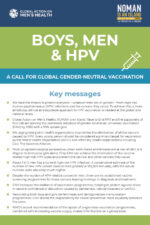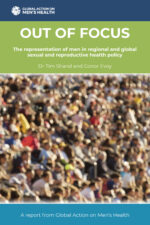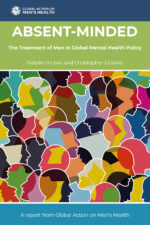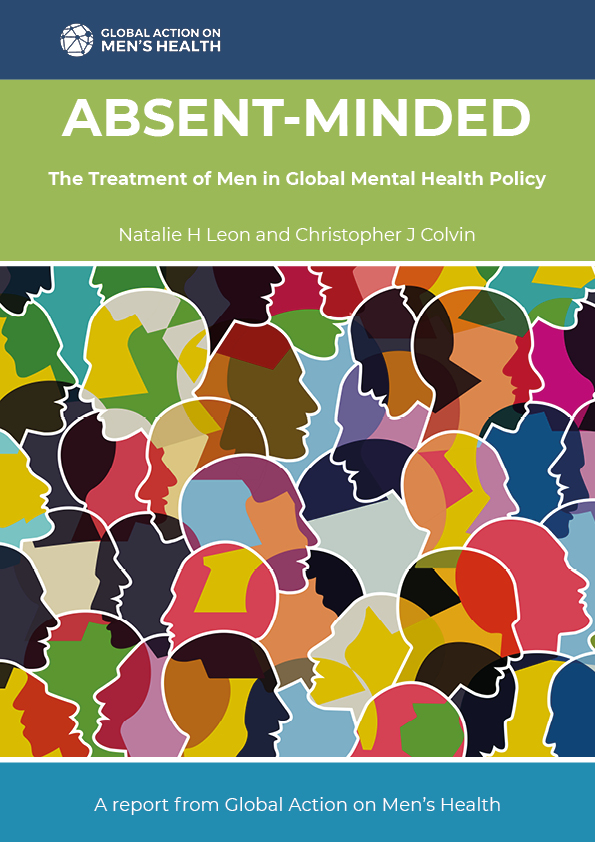Absent-Minded: the treatment of men in global mental health policy
This report launched April 2024
Men’s mental health problems are clear. Globally, the rate of suicide in men is more than twice as high as in women. Men consume nearly four times more pure alcohol per capita than women. Many men attach stigma to mental health issues and do not seek help and instead self-medicate with addictive substances and behaviours such as gambling. Men may also ‘externalise’ their distress through behaviour that is anti-social, aggressive or violent. Yet common mental health problems such as depression and anxiety often remain under-diagnosed and under-treated in men.
Global Action on Men’s Health is calling for a new approach.
Many men who end up in prison have severe mental health problems that are made worse by their experience of incarceration. Black men in many white majority countries face a double barrier – race and gender – when in need of mental health care and are less likely to seek help because they find a system ill-equipped to assist them when they do.
Despite all these problems and more, Absent-Minded: the treatment of men in global mental health policy by Natalie Leon and Prof Chris Colvin finds that men are largely absent from the mental health policy produced by many of the leading organisations in global health. While policies may refer in passing to some of the issues concerning men, this rarely leads to any analysis of the policy changes required to make a difference to men’s outcomes.
Launched to mark World Health Day 2024, this report reflects on the lost opportunities for addressing mental health of men and women equitably in global policy reports. It discusses how these reports can increase their focus on gender inequities in mental health, starting with more comprehensive and balanced reporting on gender disparities that address both genders equitably, and making gender-informed recommendations to address the gender-differentiated mental health needs of both women and men.
Absent-Minded concludes with an analysis of the windows of opportunity for recognising the mental health needs of men in global policy. Advocates should focus on expanding knowledge of the problem and possible solutions, leveraging the growing number of international and national organisations interested in men’s health to develop integrated and holistic policy strategies, and build long-term coalitions and networks with individuals and institutions on issues related to men and mental health, including leveraging parallel policy initiatives on women’s health and on health promotion more broadly.
Peter Baker, GAMH’s Director, said: “Global Action on Men’s Health will take advantage of these new opportunities and use the evidence in this report to advocate for men to be taken more fully into account in future mental health policy. We need to see male-targeted initiatives on prevention, early diagnosis, treatment and care by the key international organisations engaged in programme, practice, and policy development.”
April 2024







